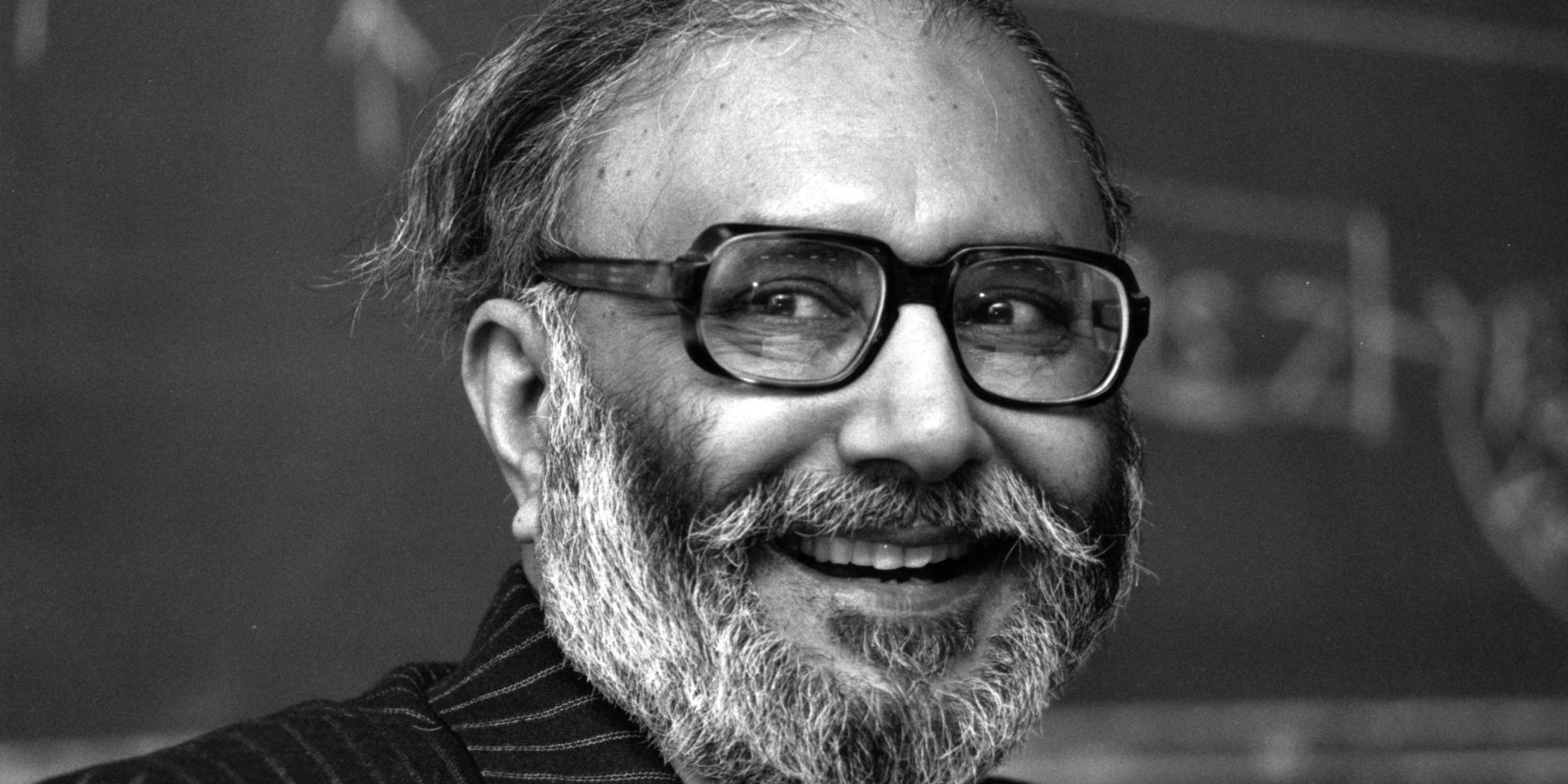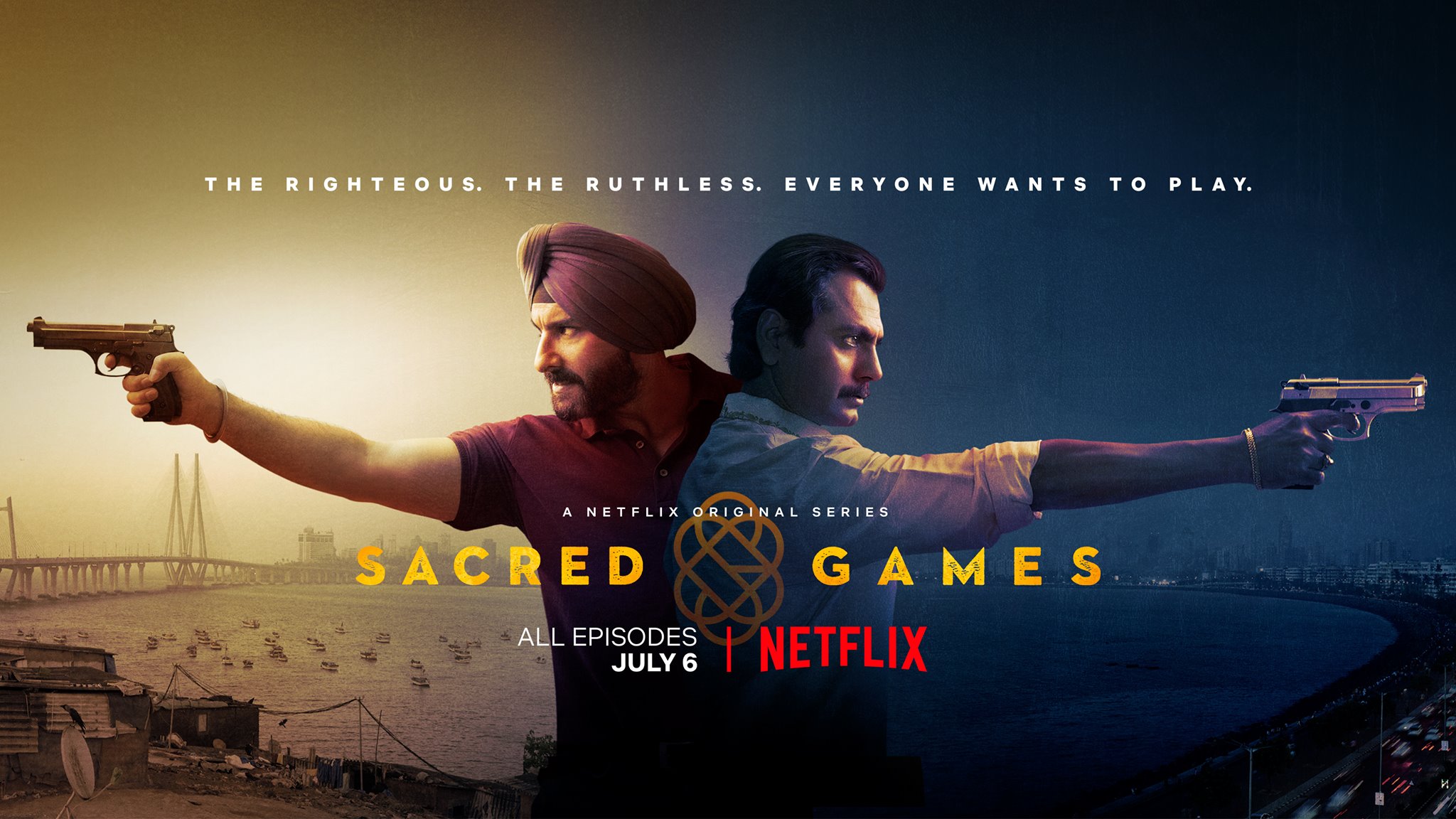KARACHI: While watching Salam: The First ****** Nobel Laureate, a documentary on Pakistani physicist Abdus Salam’s life, there will be numerous occasions where you’ll be tempted to cry. And it won’t just be at how heartbroken Salam, an Ahmadi, was at being declared non-Muslim. Reading the words, “declared non-Muslim, cannot cope” etched across a notebook in Salam’s handwriting won’t be easy, and it will also illustrate how much love Salam had for his country, and more so, for his religion.
The documentary builds up on just that. His religious identity went hand in hand with his professional one, where he has even gone at lengths to claim that the only reason he was able to have these scientific breakthroughs was because he was a Muslim. His sons explain how he would listen to recitations of the Holy Quran in the background while writing notes. An imam of his place of worship stressed upon Salam’s devotion to his religion, that he would also attend the sermons and sit right in the front. Many of his peers in the documentary claim that he would get these ‘flashes’ of scientific inspiration and would have to immediately note them down lest he forgets. This is why many considered his intelligence as ‘god-given’.
Read: Why don’t Pakistanis talk about Abdus Salam more?
The filmmaker has perhaps done this to make the viewer realise why it was devastating for someone like Salam to be declared non-Muslim. This move was first brought into play by Zulfiqar Ali Bhutto in 1974 as what many could call political opportunism, when he declared Ahmedis as non-Muslims, and further cemented by Zia-ul-Haq’s Anti-Ahmaddiya ordinance in the eighties. Following these laws, persecution and rioting against the minority community increased to dramatic proportions and because of the increasing hostility, Salam was abandoned and rejected by the very country he loved; the very country whose scientific infrastructure was almost non-existent before his contributions, and the very country that made him the man he became. He never forgot his roots, and that can be seen with the way he visited his teacher after receiving his Nobel Prize and claimed that the award belonged to his teacher, not him.
But there’s another reason why religion is important when discussing Salam. Muslims were once considered pioneers in science, with the most important scientific discoveries originating from Baghdad several hundred years ago. However, in recent history, Islam has not produced many men or women of science, with some fundamentalists claiming that science is a complete contradiction of Islam. After winning the award, Salam can be seen stating that this award is to encourage the Muslim youth to come towards science.
Of course, one learns other tragic details. For instance, Pakistan is the only country in the world that has through its constitution decided the rules of religion, on who can be called a Muslim and who cannot; that Salam obtained his PhD at the age of 24 and Pakistanis don’t even know about his list of achievements. They don’t even know why he won the Nobel Prize. No road, no building, no book even mentions his name. One of the most brilliant men that this country ever produced has simply been erased from our collective memories.
And sadly, this is where the tragedy lies. The documentary is a realisation of where our country is headed: Instead of prioritising knowledge and education that could benefit our economy and society at large, our leaders have been incapable of fixing divisions amongst people and countering extremist thoughts. What started off as persecution against Ahmedis has spread to other religious minorities, because Bhutto and Zia’s policies made extremist idelogies even stronger and more powerful, and Pakistan is still grappling with the after-effects. Till date, Pakistan’s minority communities – Hindus, Christians, Ahmadis and even Shia Muslims – are vulnerable to violence, persecution and ostracism.
This country isn’t safe for forward-thinking people. Abdus Salam is a hero and the film is a much-needed reminder of that.













